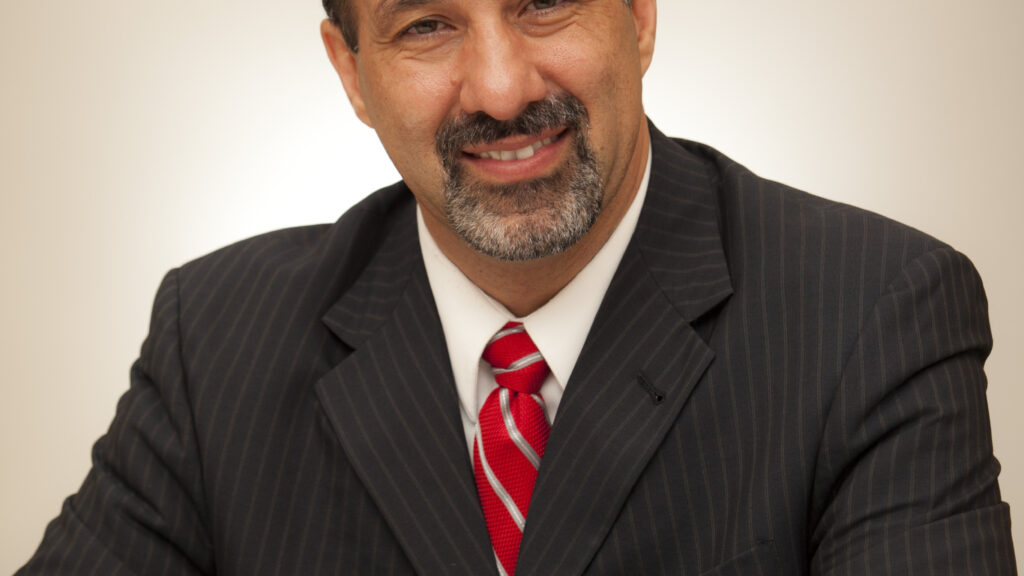Kamrava on Bloomberg: Iran to Elect Parliament as Rouhani Seeks Post-Deal Surge: Q&A

Iranians will on Friday elect a new parliament and the body of theologians that traditionally picks the country’s supreme leader.
Coming six weeks after international sanctions on Iran were lifted, President Hassan Rouhani wants to build his support in parliament, currently dominated by more conservative lawmakers. A strong performance could boost Rouhani as he attempts to lure investors for an oil-led economic recovery and challenge social restrictions ahead of a possible re-election bid next year.
Here’s an overview of how the election works and what’s at stake.
How many are standing and who votes?
More than 6,000 candidates will compete for 290 seats in parliament, known as the Majles, with a similar number disqualified by a vetting committee. About 160 clerics have been approved to stand for a seat on the Assembly of Experts. The voting age is 18 and about 55 million Iranians are eligible to take part, including 3 million first-time voters, according to the Interior Ministry. Turnout is expected to be higher than the 2012 parliamentary vote, the ministry says.
What does Rouhani want to achieve?
His biggest challenge is turning last year’s nuclear deal into better living standards for ordinary Iranians. To achieve that goal, he wants to overcome conservative objections to foreign investment and attract global companies with the resources to invest in out-dated infrastructure and create jobs. Iran expects oil deals worth as much as $15 billion in the next financial year, the Oil Ministry has said. Rouhani has also called for more women in policy making and advocated greater freedom of speech, including easier access to social media.
Rouhani wants a “friendlier” parliament, said Ali Vaez, senior Iran analyst at the International Crisis Group, eroding the two-thirds majority controlled by conservative and hardline factions “who have no accomplishment other than obstructing the government’s plans.”
If the president’s supporters “can get the vote out on the day of the election they stand an excellent chance because the atmospherics favor them” after the nuclear deal, saidMehran Kamrava, director of the Center for International and Regional Studies at Georgetown University’s School of Foreign Service in Qatar. But if many among the urban middle-class stay home, “then the more hardline element have a much better chance because they are the ones who vote out of principle,” he said.
What are the main political groupings in parliament?
Members of parliament are aligned with blocs or factions, rather than being members of distinct political parties. The two biggest groupings are known as the Reformist and Principlist camps. Within each, lawmakers may be largely independent or affiliated with organizations such as trade unions.
“Political alignments are fluid. In the sitting Majles, factions have coalesced around specific issues,” said Kamrava.
What is the Assembly of Experts?
The 88-seat chamber was established after the 1979 Islamic revolution and is made up of senior clerics and theologians, with an election every eight years. Most significantly, the assembly is empowered to select or dismiss the ultimate authority in Iran, the supreme leader.
With incumbent Ayatollah Ali Khamenei now 76, the assembly elected Feb. 26 could end up picking his successor, a decision that will help dictate the nation’s direction. Rouhani and one his key allies, former President Ayatollah Ali Akbar Hashemi Rafsanjani, are expected to retain their seats on the assembly.
This year’s election has drawn unprecedented media attention, especially after the disqualification of the most high-profile candidate, Hassan Khomeini — grandson of the founder of the Islamic Republic, Ayatollah Ruhollah Khomeiniand a Rouhani ally. The 43-year-old was ruled out for having insufficient religious knowledge to sit on the assembly.
Who approves candidates for Iranian polls?
All those wishing to contest must have their background assessed by the Guardian Council, a body of jurists and clerics. Aside from age and educational qualifications, the council seeks to determine would-be candidates’ allegiance to the regime, rejecting those it considers not sufficiently in tune with its stated values.
Rouhani has criticized the watchdog for its vetting this year, with the majority of those cleared to contest the twin election belonging to conservative groupings.
Just under 10 percent of candidates for parliament are women — a higher proportion than in 2012 — yet no women have been approved for the Assembly of Experts contest. Five seats in parliament are reserved for religious minorities, one each for Jews and Zoroastrians and three for Iran’s main Christian communities.
Who’s missing from the elections?
Political leaders who sought to promote greater freedoms and democracy, as advocated during the two-term presidency of Mohammad Khatami that ended in 2005, have been accused of sedition, sidelined and silenced with media bans. Mir-Hossein Mousavi and Mehdi Karroubi, who led 2009 protests over allegations of fraud in a presidential election, are under house arrest.
While “the lifting of sanctions was crucial for resuscitating Iran’s ailing economy, a rapid opening could, some Iranian leaders fear, render the country vulnerable to outside influence and bring about a political liberalization that eventually weakens their grip on power,” Vaez said.